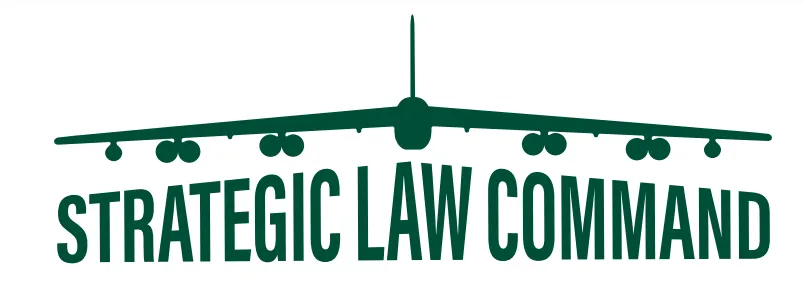- posted: Jul. 11, 2019
If a Californian is in the military and accused of committing a crime, they will often go through a court-martial, or a criminal trial for military personnel. A court-martial will try service members accused of civilian crimes, such as larceny or manslaughter, as well as military-specific crimes, such as desertion or insubordination. Military criminal defense attorneys can assist the accused throughout the court process.
If the offense is minor, a quicker summary courts-martial will be held. This type of court-martial involves one commissioned officer to issue a decision, instead of a military judge from the Judge Advocate General office. If found guilty, a service member may face confinement for 30 days, hard labor for 45 days, loss of pay for one month or loss in ranking.
More serious offenses will be heard in a special court-martial. A military judge will preside over the proceedings, and prosecutors and defense attorneys will present their case, much like a civilian criminal trial. In the end, a panel comprised of three service members will make a final decision, unless the defendant asks the judge to do so. If convicted, the defendant could face more significant penalties, such as a year of confinement, three months of hard labor or loss of six months’ worth of pay.
Finally, the most serious charges will be heard in a general courts-martial. This will run similarly to the special court-martial, but in the end, a panel of five service members (non-capital offense) or 10 service members (capital offense) will rule on the charges. The defendant can request a judge to rule, unless the prosecution is seeking the death penalty. Consequences upon conviction may include life in prison, dishonorable discharge or even death.

